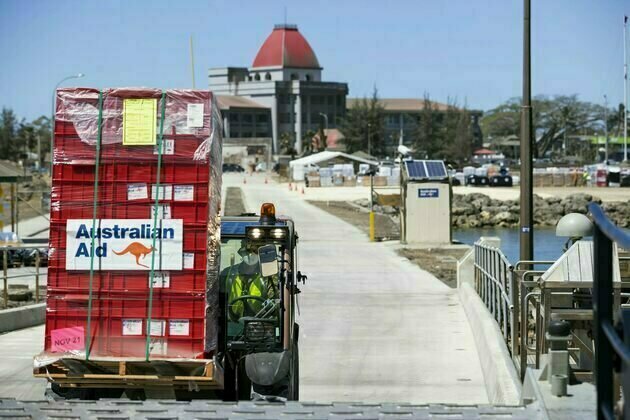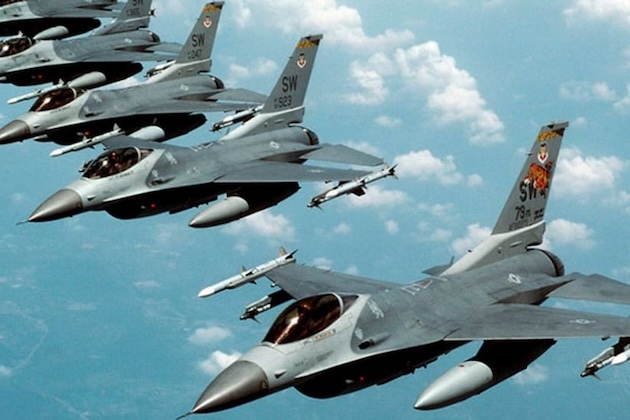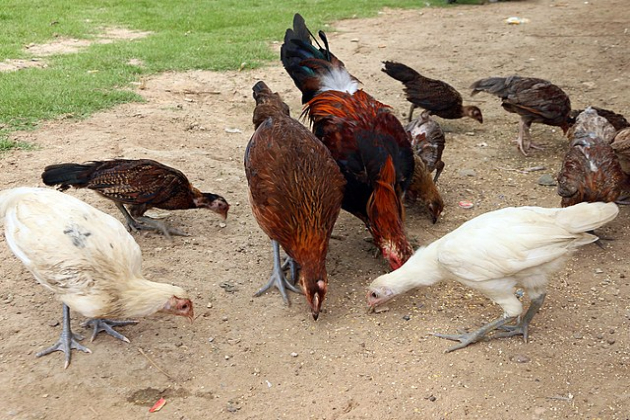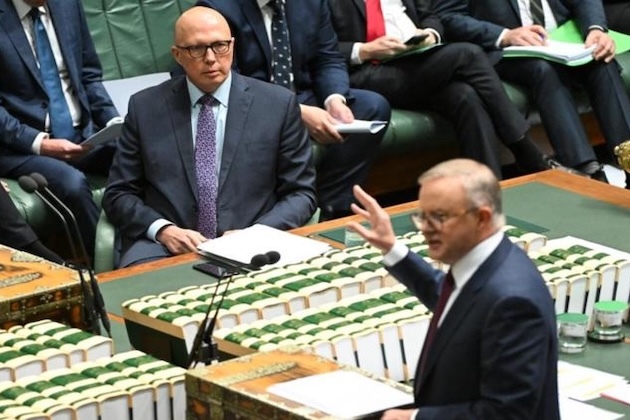Australia stands firm behind its foreign aid in the budget, but the future remains precarious
The Conversation
26 Mar 2025, 01:13 GMT+10

This week's budget will come as a relief to Australia's neighbours in the Indo-Pacific that rely on development assistance. The Albanese government did not follow the lead of US President Donald Trump and UK Prime Minister Keir Starmer in cutting its foreign aid.
The Trump administration froze foreign assistance and dismantled the US Agency for International Development (USAID) when it came into office. Meanwhile, the UK announced 40% aid cuts of its own.
It is to Australia's credit this has not happened here. Australia's development budget remains intact this year and in forward estimates.
Sensible policymakers seem to recognise that Australia's strategic circumstances are different. As a nation surrounded by low- and middle-income countries, Australia cannot vacate the field on development issues without enormous reputational, diplomatic and strategic damage.
This budget shows Australia is committed to its region - with 75% of the foreign assistance budget flowing to the Indo-Pacific - and sees development partnerships as a way to solve shared problems.
The details of the development budget show Australia has been listening to its partners to identify critical gaps and reprioritise funds.
In the Pacific, funding has risen to a historic high, with no country receiving less aid. There have been changes in focus to respond to the US funding cuts, including programs on HIV/AIDS in Papua New Guinea and Fiji and gender-based violence in the Pacific.
This fits with Australia's desire to be a partner of choice - and to prevent an increased Chinese presence in the region.
In Southeast Asia, Australia has increased its aid to all countries and has shifted funding, particularly in health where the US was a major donor.
This is in Australia's interest. A new program on Indonesian human and animal health, for example, will help prevent health system failures in areas such as tuberculosis and polio elimination on Australia's doorstep.
Funds have also been reallocated to support civil society organisations working in vital areas like media freedom and human rights, which would have been a casualty in the US cuts.
There was also a shift in humanitarian funding to Myanmar and Bangladesh, where the US aid withdrawal has left Rohingya refugees in a desperate state.
Importantly, the Department of Foreign Affairs and Trade is helping local organisations survive US cuts by allowing temporary flexibility in the use of grant funding to help them continue to deliver essential services.
Beyond these reprioritisations, the other heartening thing about the budget is its normality.
It maintains funding for assistive technology for people with disabilities and an Inclusion and Equality Fund to support LGBTQIA+ civil society organisations and human rights defenders. There are programs on maternal health, including reproductive rights.
However, it would be wrong to think this budget will fill the gaps left by the US withdrawal.
The ANU Development Policy Centre estimates that traditional OECD donors will cut at least 25% of their aid by 2027. It said, "when that much of a thing goes missing, it's clearly at risk of collapse".
Some development organisations will close their doors, potentially including household names that Australians have donated to for years. This is a time of huge transformation for the sector.
Another future problem will be maintaining multilateral institutions that rely on US funding - including the World Health Organization, World Food Programme, World Bank and Asian Development Bank. This will require a concerted effort with other countries.
So, while the Australian budget shows a government deploying current funding as intelligently as possible, there will eventually be limits to this approach.
In the "new world of uncertainty" described in the treasurer's budget speech, it simply won't be possible to meet Australia's strategic aims and keep development spending at its current rate. It is still far away from 1% of the federal budget.
At some point, Australia must rethink the trajectory of its international commitments.
Analysis by the Development Intelligence Lab, a think tank working on development cooperation in the Indo-Pacific, has shown that over the last 25 years, the international parts of the federal budget - defence, intelligence, diplomacy and development - have held steady at around 10%.
In a time of disruption, this might need to change. In 1949, for example, Australia invested almost 9% of the federal budget on development and diplomacy alone - not including defence.
Those in the foreign aid sector can celebrate Australia has not pulled back on its commitments like the US and UK. At the same time, we should expect the next government will inevitably be called on to do more.
 Share
Share
 Tweet
Tweet
 Share
Share
 Flip
Flip
 Email
Email
Watch latest videos
Subscribe and Follow
Get a daily dose of Australian Herald news through our daily email, its complimentary and keeps you fully up to date with world and business news as well.
News RELEASES
Publish news of your business, community or sports group, personnel appointments, major event and more by submitting a news release to Australian Herald.
More InformationInternational
SectionUS expands oil, gas leasing and eases Alaska energy restrictions
WASHINGTON, D.C.: U.S. Interior Secretary Doug Burgum has announced plans to open more land for oil and gas drilling in Alaska and...
Lawmakers push for fewer military flights in Washington D.C. area
WASHINGTON, D.C.: Ten Democratic lawmakers in the U.S. House of Representatives have asked the Pentagon to reduce military training...
Delta crash-landing probe finds dangerous descent before touchdown
TORONTO, Canada: An initial investigation into last month's dramatic Delta Air Lines crash-landing in Toronto has revealed that the...
New York court blocks law allowing over 800,000 non-citizens to vote
NEW YORK CITY, New York: New York State's highest court has struck down a law this week that would have allowed over 800,000 legal...
40 times more people killed in Gaza than in the 7 October attack
The death toll in Gaza on the weekend has passed 50,000, local health authorities have reported. What started the carnage was the Hamas-led...
USDA pledges $100 million for bird flu research, vaccine development
WASHINGTON, D.C.: The U.S. Department of Agriculture (USDA) has announced plans to invest up to US$100 million in research to develop...
Sydney
SectionALP in front ahead of upcoming election, but Coalition gaining ground
SYDNEY, Australia - A recent Roy Morgan survey indicates that if a federal election were held today, the Australian Labor Party (ALP)...
Australia stands firm behind its foreign aid in the budget, but the future remains precarious
This week's budget will come as a relief to Australia's neighbours in the Indo-Pacific that rely on development assistance. The Albanese...
Jaishankar, UN Special Envoy on Myanmar Julie Bishop discuss border stability, refugee situation
New Delhi [India], March 25 (ANI): External Affairs Minister S Jaishankar met with UN Special Envoy of the Secretary-General on Myanmar...
In Pics:China loses to Australia in FIFA World Cup qualifier
HANGZHOU, March 25 (Xinhua) -- China suffered a 2-0 home loss to Australia in a FIFA World Cup qualifier in Hangzhou, China, leaving...
(SP)CHINA-HANGZHOU-FOOTBALL-FIFA WORLD CUP QUALIFIER-CHINA VS AUSTRALIA-PRESS CONFERENCE (CN)
(250325) -- HANGZHOU, March 25, 2025 (Xinhua) -- Head coach of Australia Tony Popovic (R) and player Jackson Irvine attend a press...
Podcasting was once a rebel medium for diverse voices. Now it's slowly being consumed by big media
Podcasting was once the underdog of the media world: a platform where anyone with a microphone and an idea could share their voice....












